
Molasses Stops Insulin Resistance Almost Immediately — Here's How to Use It
Molasses Stops Insulin Resistance Almost Immediately — Here's How to Use It
Molasses—that dark, syrupy staple often relegated to the back of the pantry—holds a surprising secret: when used correctly, it can actually help your body manage insulin and stabilize blood sugar, unlike highly processed white sugar. If you worry about blood sugar spikes every time you eat a starchy meal like pasta or oatmeal, keep reading, because this simple addition could change your approach to carbohydrate consumption. (Inspired by the insights of Thomas Delauer.)
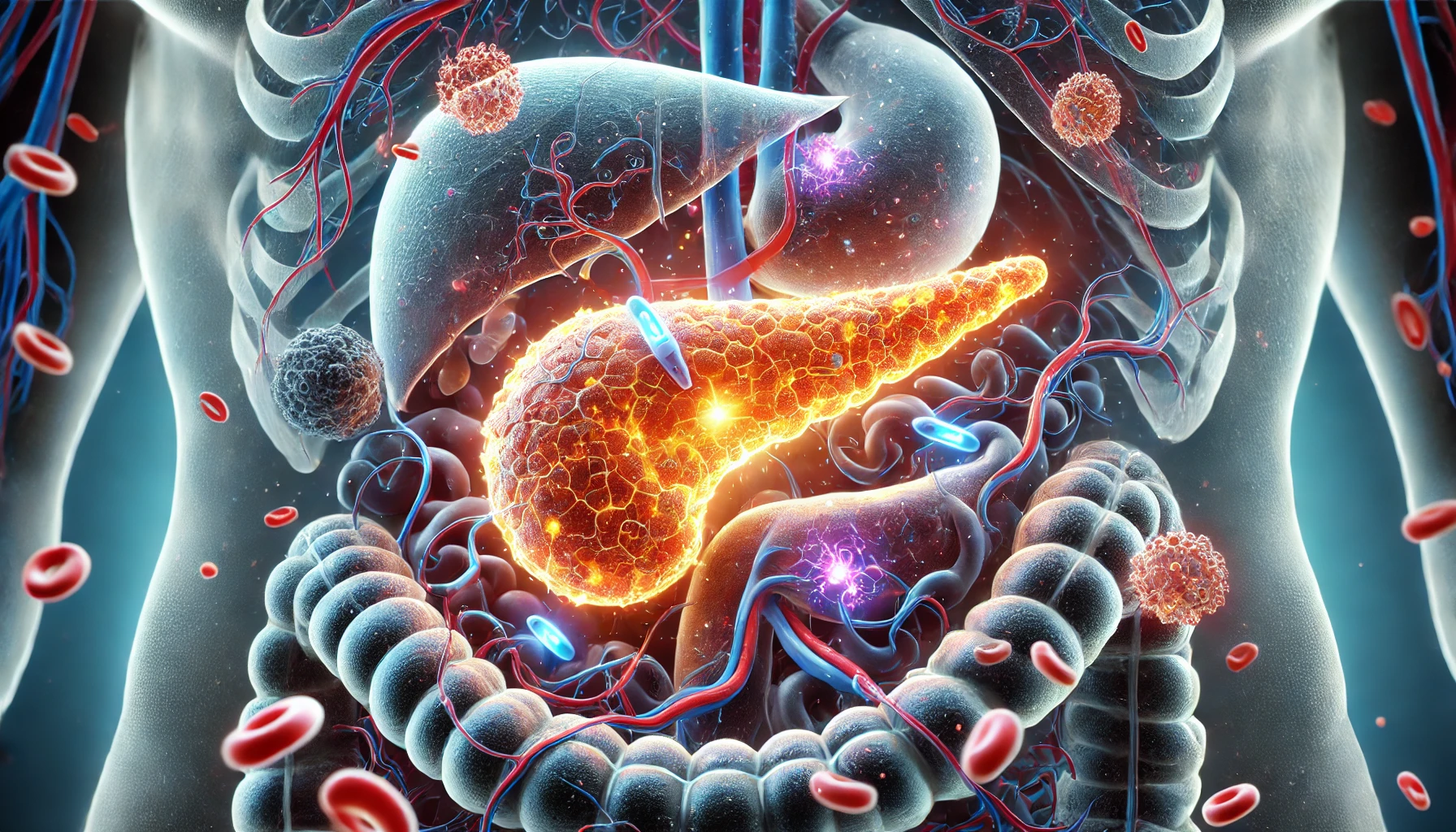
Key Takeaways
-
Molasses isn't just sugar: It retains vital minerals and nutrients removed during the refining process, making it distinct from table sugar.
-
Insulin Effect: Research shows that adding a small, measured dose of molasses to a meal can lower the amount of insulin your body needs to process carbohydrates.
-
Best Type: Dark or blackstrap molasses is the most potent and nutrient-dense variety.
-
Mechanism: It supports the pancreas and slows the rate at which your body absorbs starch-based sugars.
-
Added Perks: It's a powerful antioxidant that may offer protection and anti-mutagenic benefits.
Molasses: The Nutrient-Rich Sweetener
Molasses is the byproduct of refining sugar cane or sugar beets. Crucially, while refined sugar loses almost all its nutritional content, molasses concentrates it. The darker the molasses, the more minerals and nutrients it contains.
The common belief that "all sugars act the same" in the body is misleading. When studies compared the addition of molasses to a meal versus plain sugar, researchers found a key difference: although blood sugar levels remained largely similar, the amount of insulin the body required to handle the meal was significantly lower when molasses was added. For most people, especially those concerned with insulin resistance, lower circulating insulin levels are highly beneficial.
How Molasses Supports Insulin and Blood Sugar
The benefits of molasses aren't a parlor trick; they're rooted in several unique physiological effects:
1. Improved Beta Cell Function
Molasses appears to give the pancreas—the organ responsible for insulin production—a helpful nudge. Studies suggest that its compounds enhance the function of pancreatic beta cells, allowing them to manage glucose more efficiently, even in individuals who are already insulin resistant.
2. Slowed Carbohydrate Absorption
Scientists believe molasses triggers specific gut hormones and molecules that alter how your body absorbs starches. One theory is that molasses boosts amylin, a hormone that slows the rate at which your stomach empties its contents into the intestines. This "staggered release" prevents the pancreas from being overwhelmed by a sudden influx of glucose.
3. Acts as a Natural Carb Blocker
For the bio-hackers out there, molasses contains compounds that actually slow down or block some of the key enzymes in the gut responsible for breaking down complex carbohydrates. This means some of the starch you eat is processed more slowly, and a portion may even pass through your system without being fully absorbed into the bloodstream. This effect mirrors that of some "carb blocker" supplements, but with the added bonus of natural minerals.
To summarize: Molasses, in controlled amounts, reduces the stress on your insulin system by helping your body better manage the starches you consume.
How and When to Use Molasses
Timing and dosage are critical to harness the benefits of molasses without simply adding too much sugar to your diet.
Application Guidelines
-
Dosage: Stick to to tablespoon per meal. Going over this amount, especially at once, introduces too much sugar, negating the insulin benefits.
-
Timing: Use molasses primarily with starchy breakfast or lunch meals (e.g., oatmeal, whole-grain bread, brown rice, potatoes).
-
Avoid Dinner: Do not use it late at night, as delaying digestion close to bedtime can interfere with overnight blood sugar regulation.
-
Use as a Supplement: Think of molasses as an additive rather than a sweet topping. Swirl it into a bowl of oatmeal or mix it into plain yogurt.
The Unexpected Antioxidant Perks
Molasses truly differentiates itself from other sweeteners through its antioxidant profile. Blackstrap molasses has consistently outperformed table sugar, corn syrup, and even honey in laboratory antioxidant comparisons.
Antioxidants are crucial because they mitigate cellular stress and prevent "cellular rusting." Molasses helps keep this damage in check and may specifically protect the liver's by blocking the "Fenton reaction," a chemical chain reaction that generates significant oxidative stress in the body. Furthermore, studies suggest the compounds in blackstrap molasses are anti-mutagenic, meaning they can help prevent undesirable changes to your cellular , which is vital for long-term health and longevity.
Final Thoughts: Sweeten Smart
Adding a small, measured amount of dark molasses to a starchy meal can be a simple, impactful upgrade to your diet. From enhancing the efficiency of your insulin, to slowing down carb absorption, to delivering a powerful antioxidant payload, molasses is far more than a forgotten baking ingredient. It's a tool for smart blood sugar management.
News in the same category


The Potassium Powerhouse: What Eating Bananas Daily Does to Your Blood Pressure
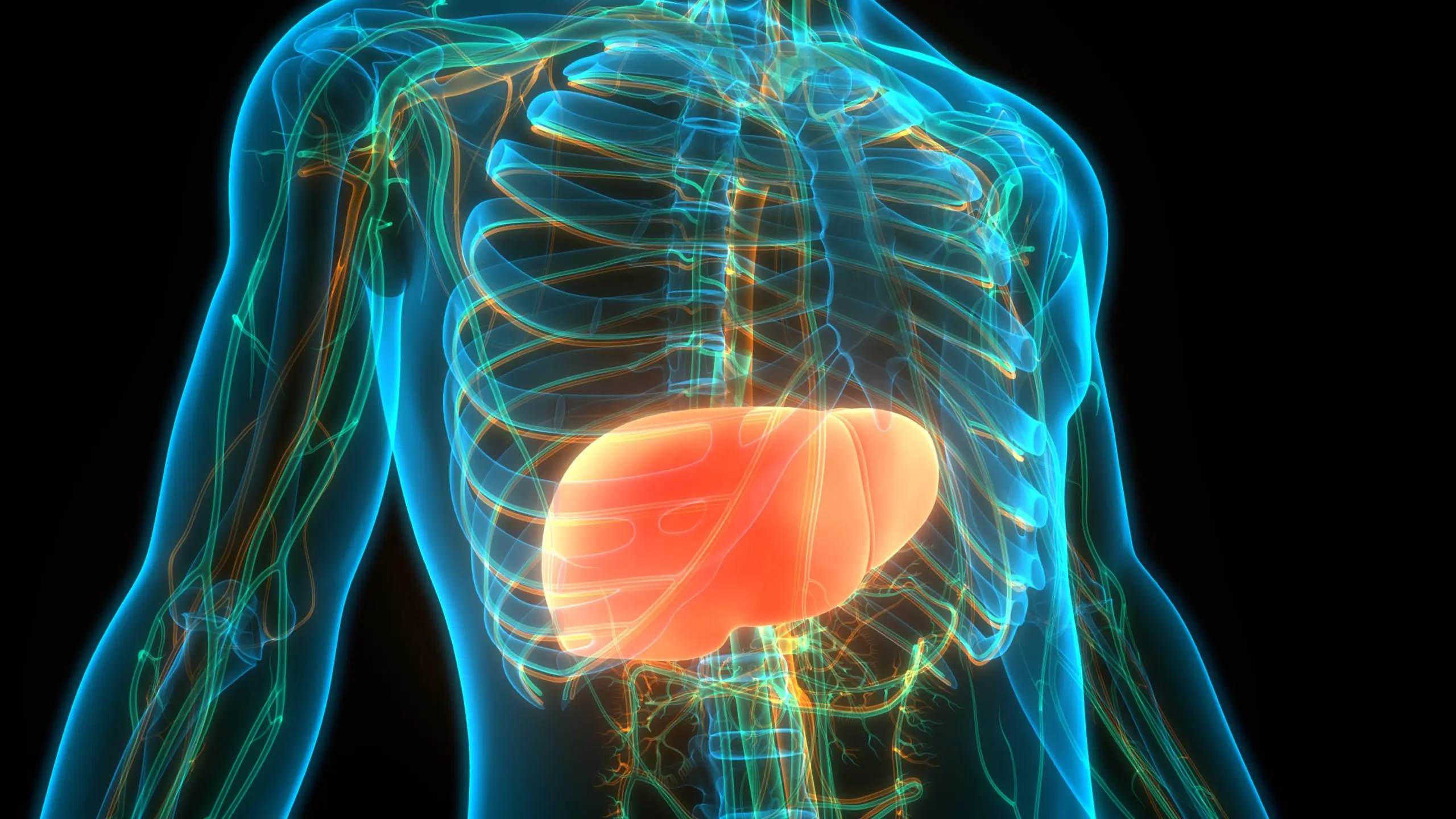
A Powerful Two-Ingredient Mixture for Cleansing Your Liver

One Vitamin That Could Transform Your Circulation

White Bumps on Your Face Don’t Try to Remove Them

Signs and Symptoms That May Indicate High Cholesterol Levels

9 Signs of Diabetes That Appear at Night: What You Need to Know!
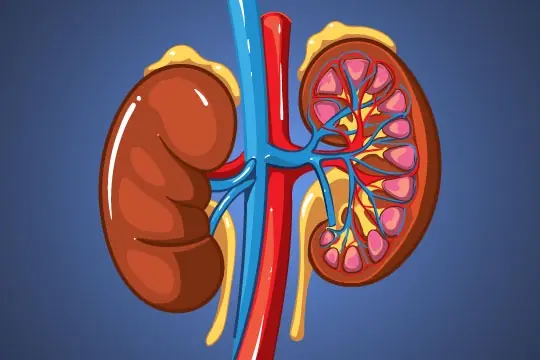
Healing Kidneys Naturally with Herbal Leaves: Supportive Strategies

If Bruises Keep Showing Up Out Of Nowhere This Is What It Means for Your Health

8 EARLY WARNING SIGNS OF OVARIAN CANCER WOMEN SHOULD NEVER IGNORE THESE
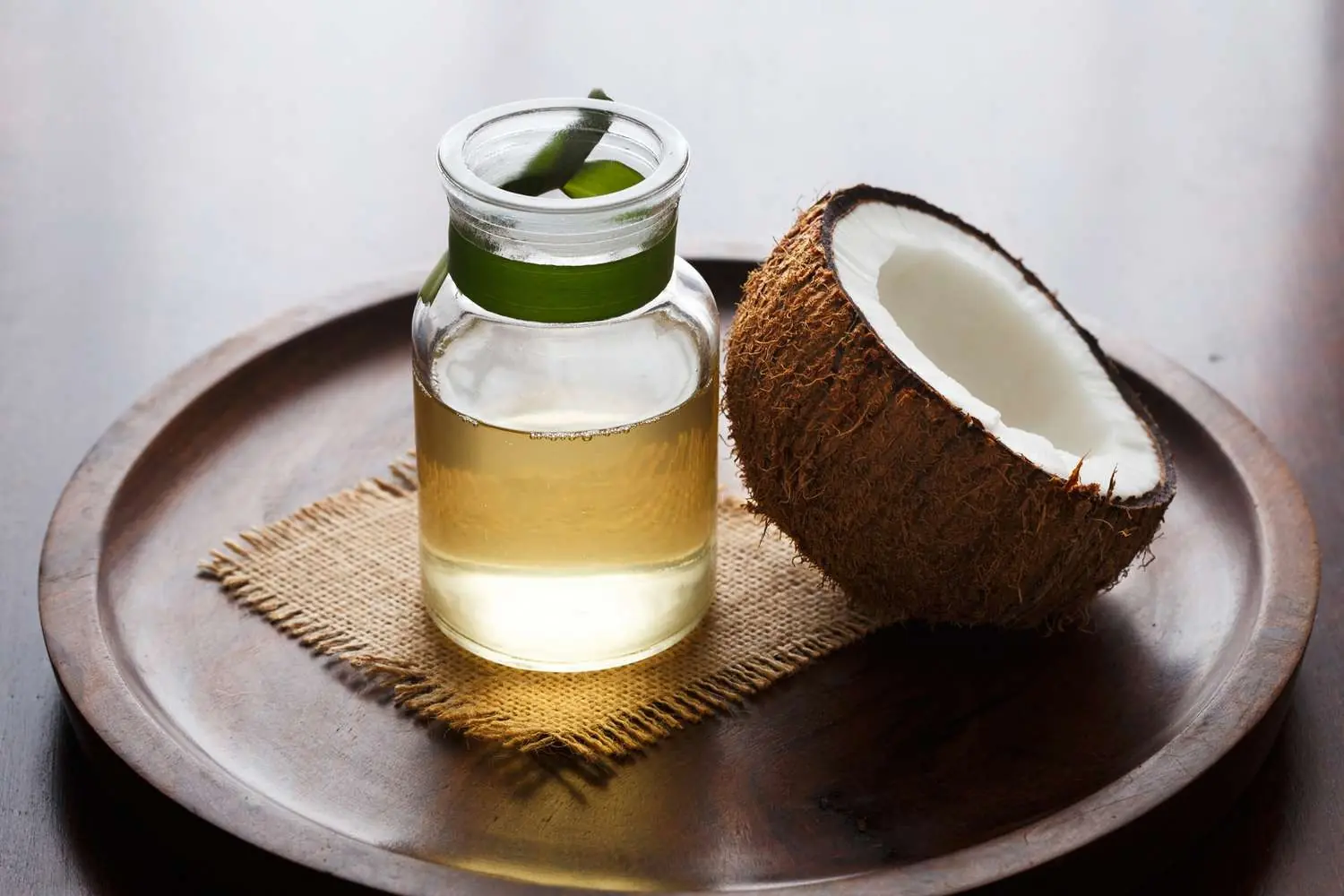
6 Ways Coconut Oil Can Benefit Those With Thyroid Problems
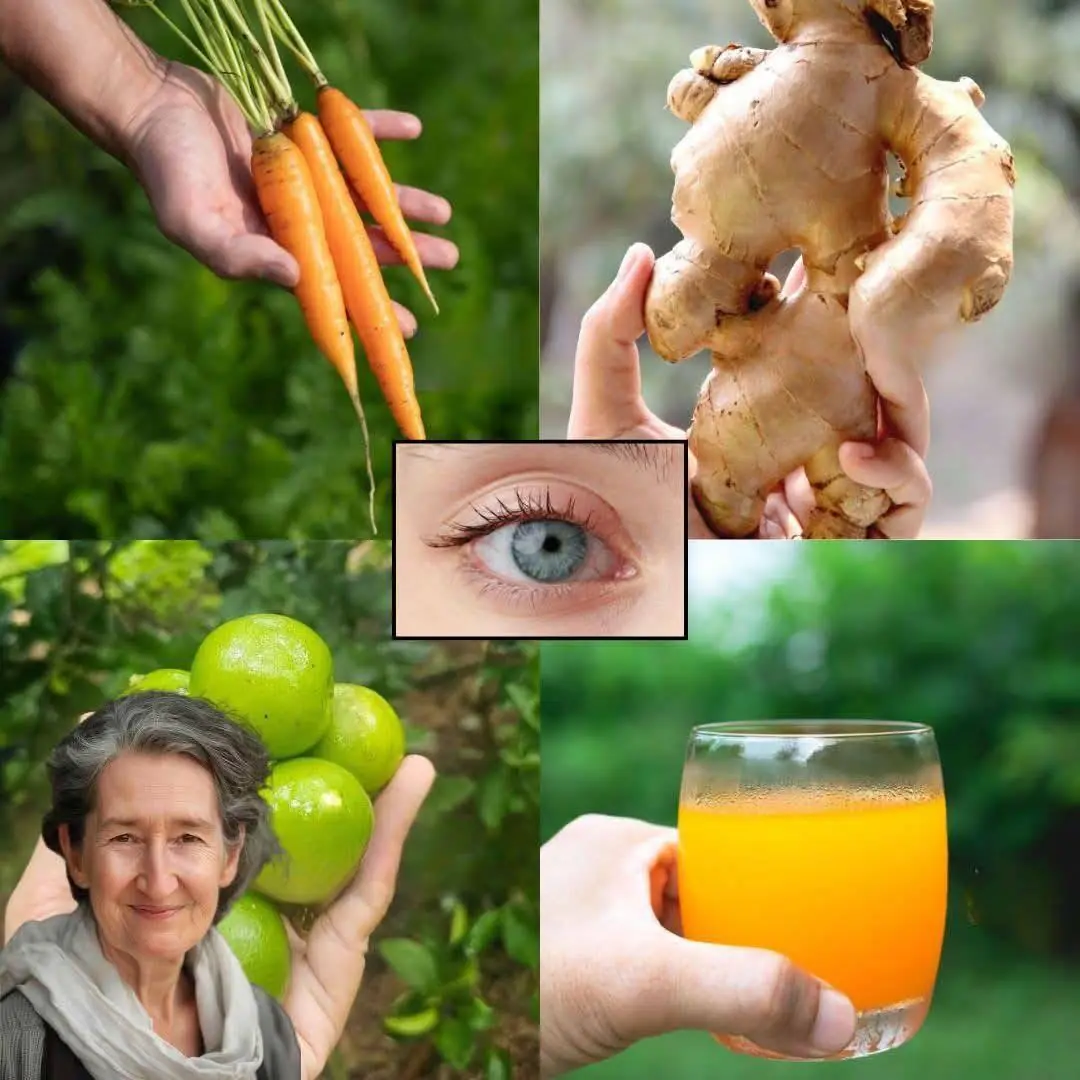
Top 5 Drinks To Improve Vision Naturally (Science-Backed)

12 Surprising Skin Changes That May Signal Diabetes (A Must-Know Guide)

The Top Essential Oils to Relieve Pain and Inflammation (Research Based)
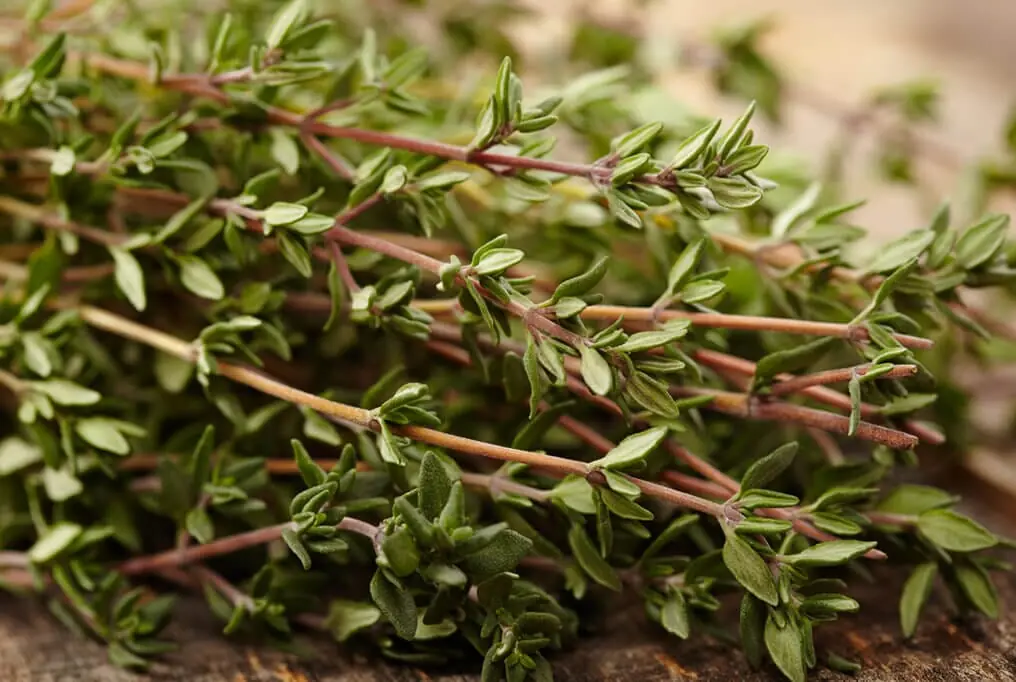
Science-Backed Benefits of Thyme: From Blood Pressure to Bronchitis Relief

5 Common Mistakes When Drinking Water That Can Affect Your Health

Napping During The Day Seriously Affects Brain Aging

14 SYMPTOMS you should pay attention to
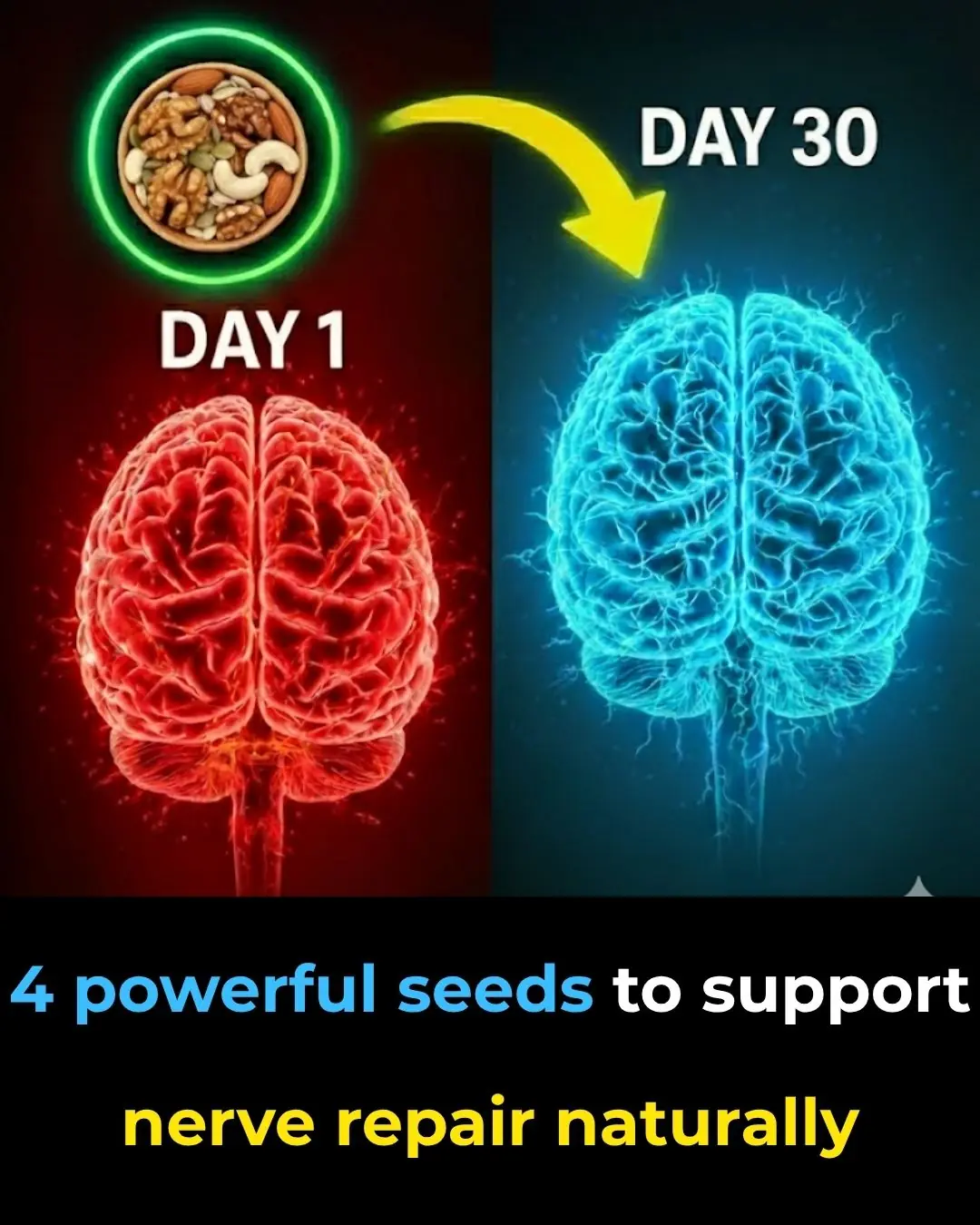
The surprising power of 4 seeds to repair your nerves naturally
News Post

JUST MAKE BEAN SPROUTS THIS WAY, no need to water and in 2 days you will have white and delicious bean sprouts.

The refrigerator is leaking water and takes a long time to cool. She shows you how to fix it yourself in a moment, no need to call a technician.

‘Liver Protection’: A Simple But Effective Drink Proven by Science

Don't clean a dirty rice cooker with plain water: Use this to clean it, in 5 minutes it will be as clean as new

Stop Using Vinegar for Limescale — There’s a Better Natural Alternative

Why Do Jeans Get Weird Ripples After Washing?
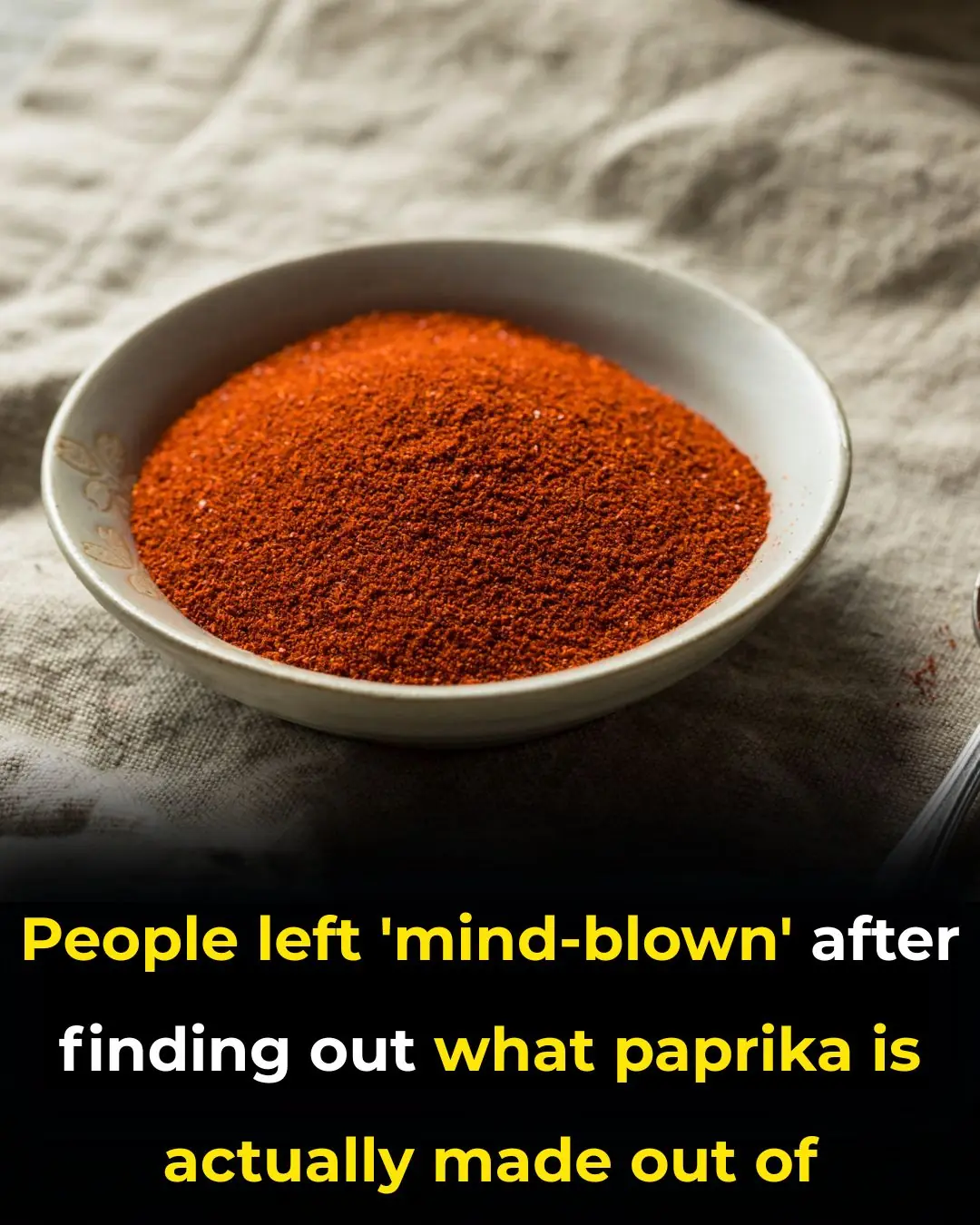
People Shocked to Find Out What Paprika is Actually Made From

15 Silent Signs You’re Dangerously Low on Vitamin B12

The Officer Who Tried Anyway.

3 abnormalities in the hand warn of liver cancer, many people see but subjectively ignore

The Woman Who Gave Broken Hearts a Second Chance.

10 perfect ways to prevent dampness and humidity in your home

The Broken Bicycle and the Kindness That Followed.

The Potassium Powerhouse: What Eating Bananas Daily Does to Your Blood Pressure

How To Remove Set-in Grease Stains From Laundry

The Man Who Couldn’t Hear the Flames — But Felt the Fear.

Putting garlic under your pillow not only keeps evil away, but also has many other health benefits

From Bus Driver to PhD: The Journey That Never Stopped Moving.
